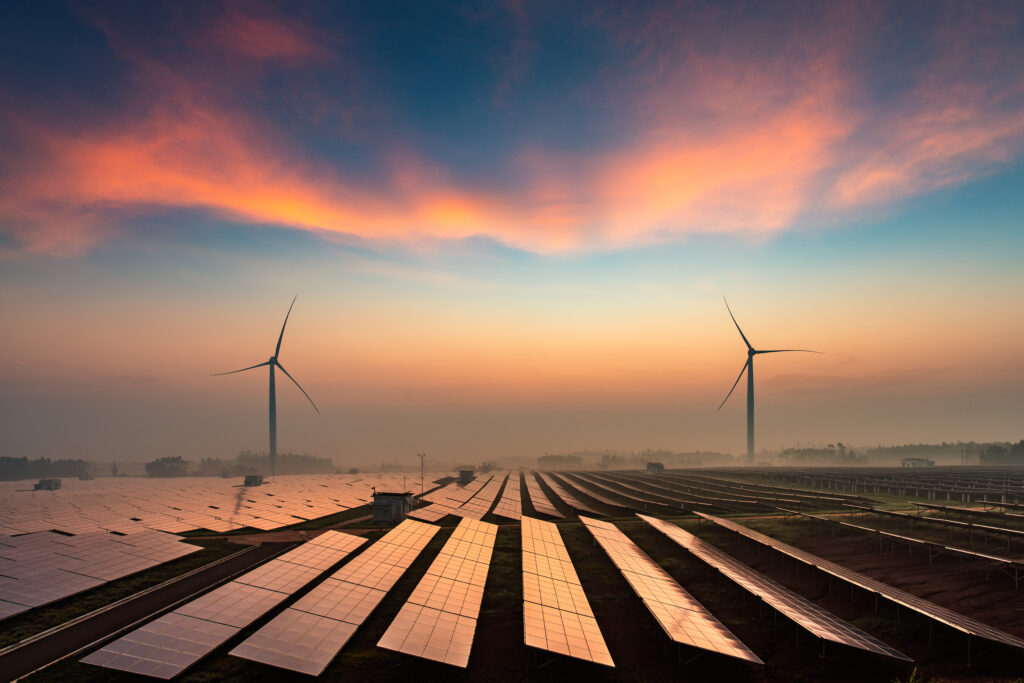Category: Renewable Energy
Land and Property Professionals
We sell, rent, manage, survey, plan and advise...what can we do for you?
We sell, rent, manage, survey, plan and advise...what can we do for you?

Opportunities to invest in renewable energy is on the increase, helped by the fact that the Government has set ambitious targets to boost the transition from fossil fuels to renewable energy sources.
With a focus on maximising the efficient use of land, the strategy supports “co-located” solar projects that are developed alongside farming, onshore wind generation or energy storage, all of which present an opportunity for farm diversification.
We have been actively involved in securing planning permission for a solar farm in Central Bedfordshire and are well placed to offer sound advice and guide you through the entire planning process.
We have the expertise to assist you and will carry out a planning appraisal to assess your land for potential renewable energy development. We will ensure you take advantage of the opportunities available and make a real contribution towards mitigating the effects of climate change by generating clean energy.
We are also acting for a number of landowners looking to agree terms with solar developers on option agreements. We are therefore well placed to advise on the commercial terms of such agreements should you be approached by a developer looking for an option over your land.
For more information or to discuss your land with our planning team, please contact Abel Bunu.